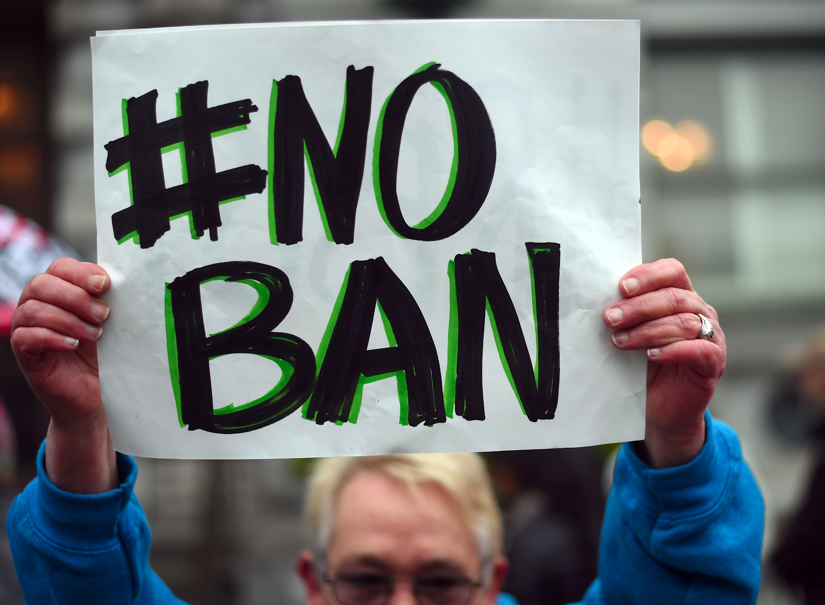On Jan. 20, his first day in office, President Biden issued a Presidential Proclamation revoking the travel ban on Muslim-majority countries first put into place by President Trump in 2017.
Biden’s proclamation orders the State Department to resume visa processing and to put into place a plan for (a) adjudicating visa applications by persons who were subject to the ban and have pending applications for waiver of the ban, (b) reconsidering applications denied under the ban, and (c) ensuring that visa denials pursuant to the ban will not prejudice future applications. The proclamation also calls on the Departments of State and Homeland Security to review current vetting procedures, including whether the current practice of collecting social media identifiers from applicants should be continued.
Biden’s proclamation called the ban “a stain on our national conscience and are inconsistent with our long history of welcoming people of all faiths and no faith at all.”
History of the Travel Ban
During his presidential campaign, Trump promised to establish a “total and complete shutdown of Muslims entering the United States.”
The original travel ban restricted travel to the United States by nationals of five majority-Muslim nations (Iran, Libya, Somalia, Syria, and Yemen). Venezuela and North Korea were also included in the ban.
When the ban was announced, it resulted in mass protests in airports across the U.S., where people from the affected countries, were held for questioning or denied entry.
President Trump subsequently expanded the ban to include visa restrictions for Belarus, Burma, Eritrea, Kyrgyzstan, Nigeria, Sudan, and Tanzania.
The ban kept out an an estimated 42,000 people. Cato Institute estimated that by the end of fiscal year 2019, the ban likely would have caused the separation of “an estimated 15,000 spouses and adopted minor children of U.S. citizens.”
The ban has had a devastating impact on many of these families. Couples have been forced to live apart, parents have been separated from their own children, and some Americans have chosen to move to war-ravaged countries rather than remain separated from their loved ones.
The proclamation creating the ban did allow for the granting of waivers to individuals who can demonstrate that the ban would cause them “undue hardship,” but such waivers were seldom granted. The National Foundation for American Policy has estimated that only 6% of people applying for a waiver in fiscal year 2018 received one.
The ban was upheld in 2018 by the U.S. Supreme Court in a 5–4 decision. Writing for the majority, Chief Justice Roberts, reasoned that a president has broad authority to exclude foreign nationals from the United States and that Trump had provided a “sufficient national security justification” for his policy, despite his history of incendiary statements about Muslims.


Leave a Reply